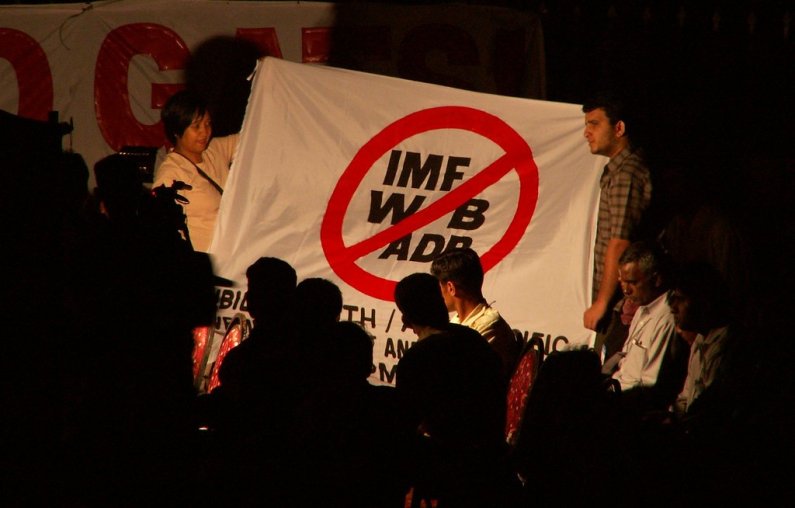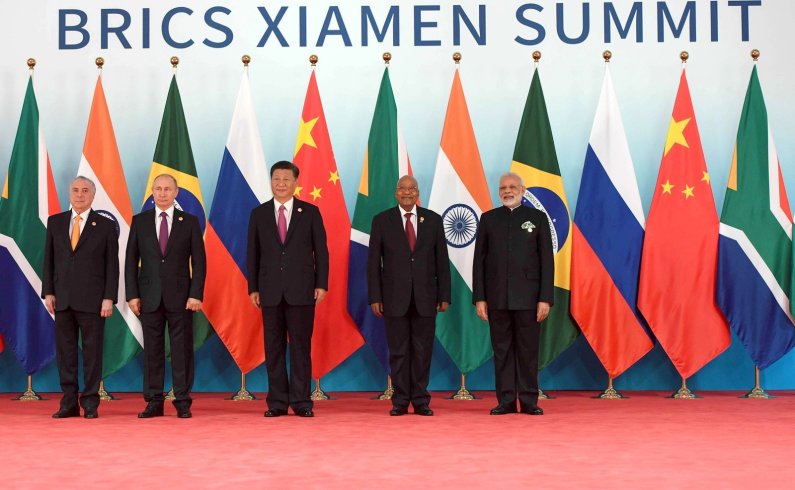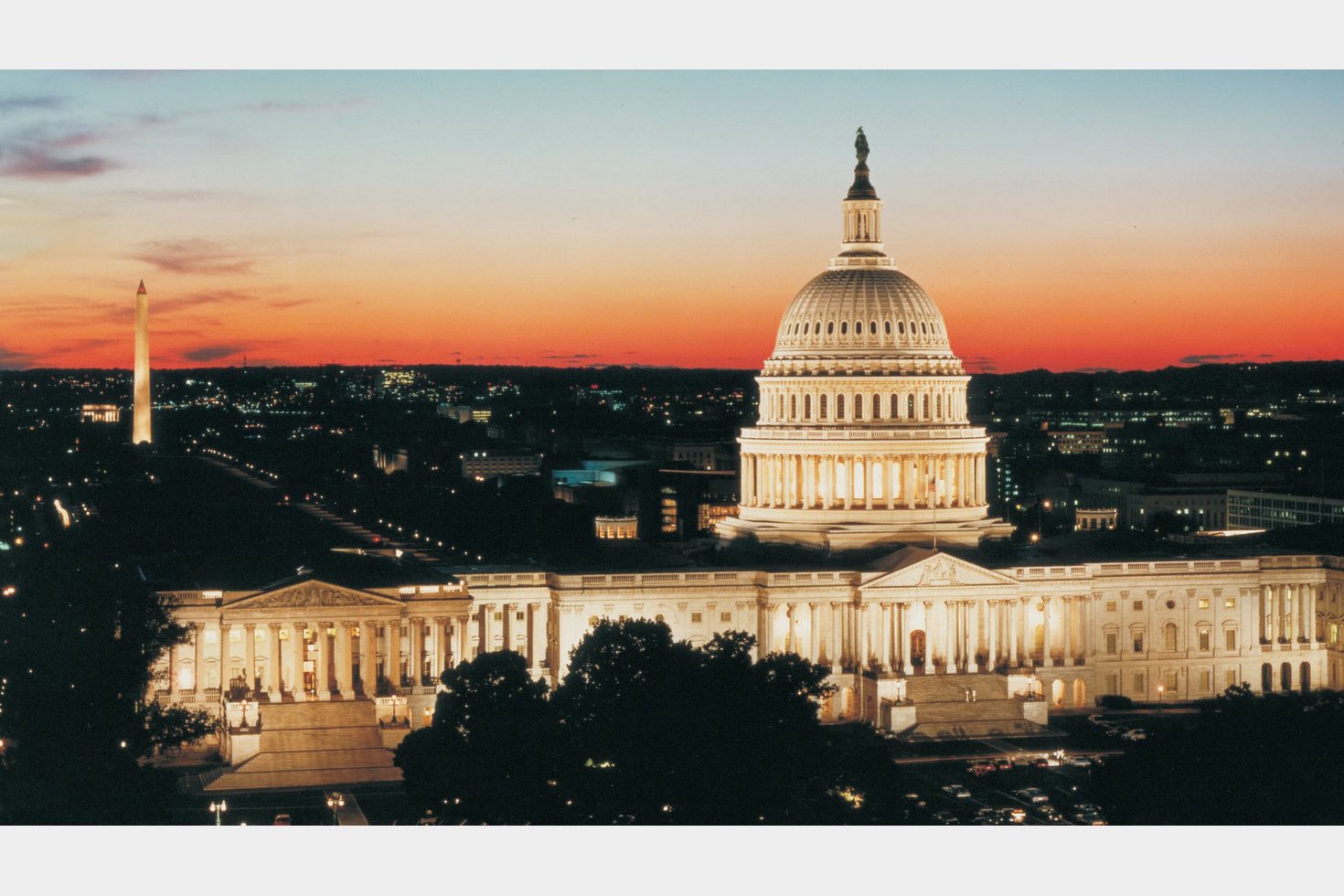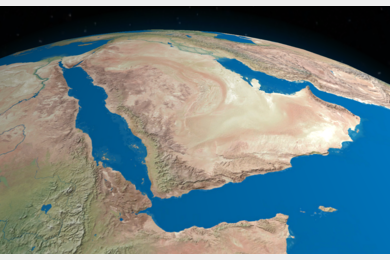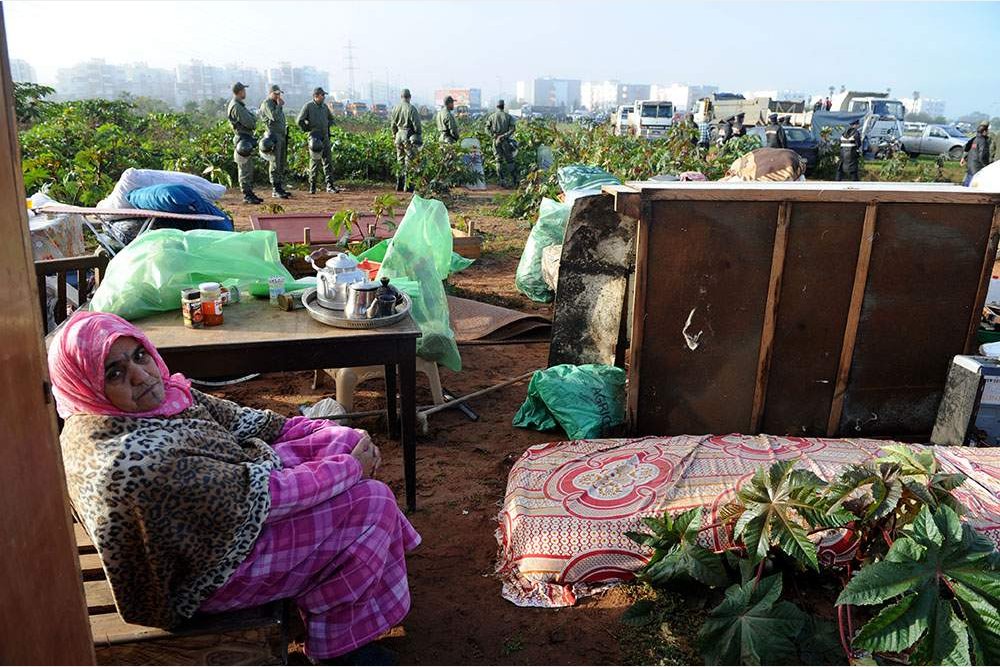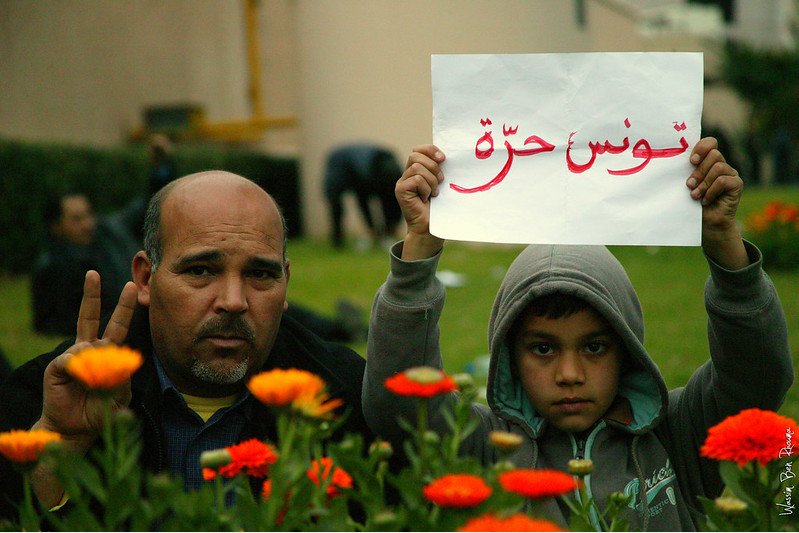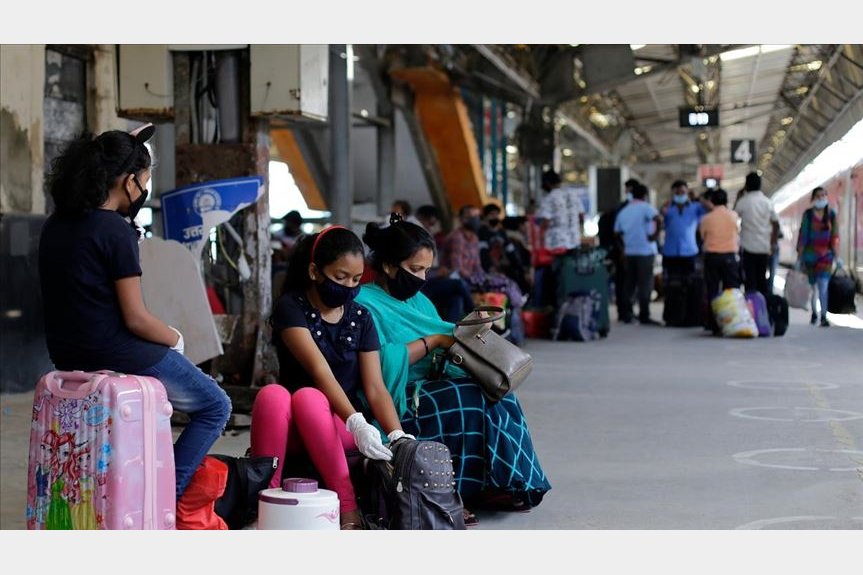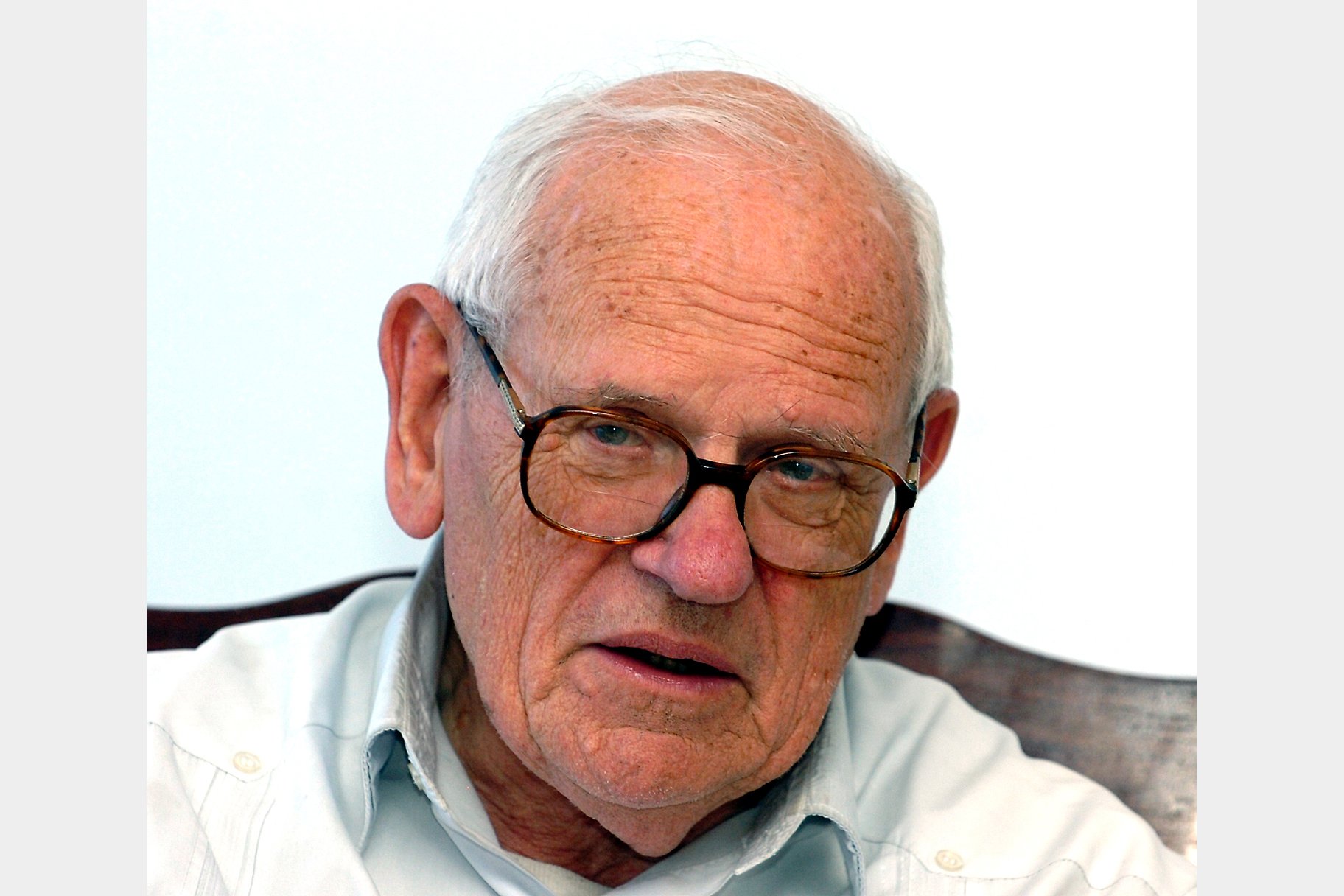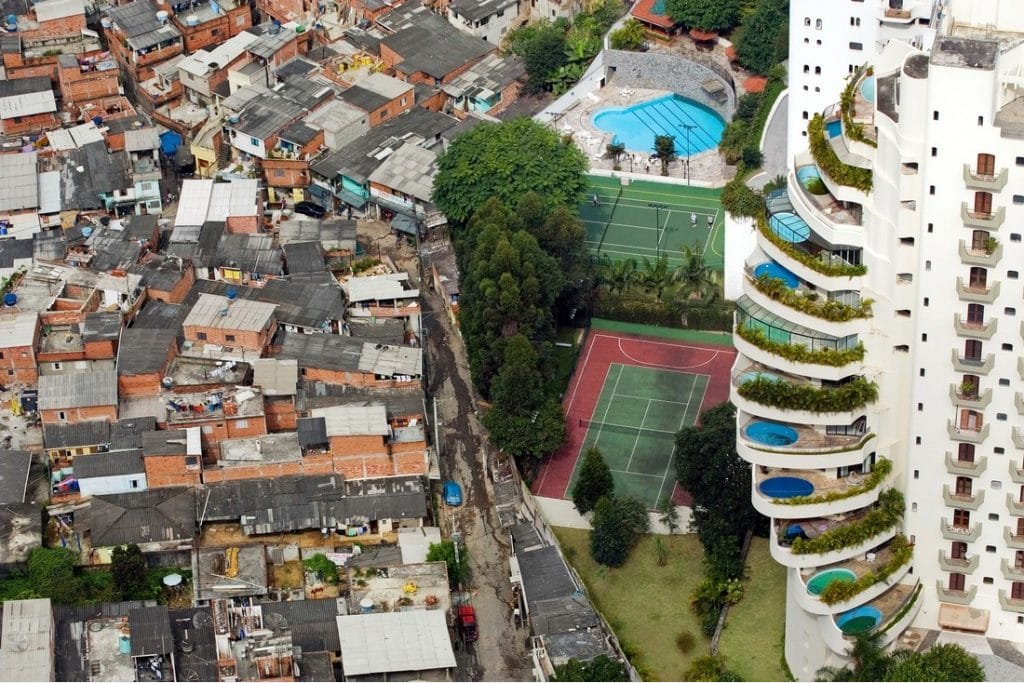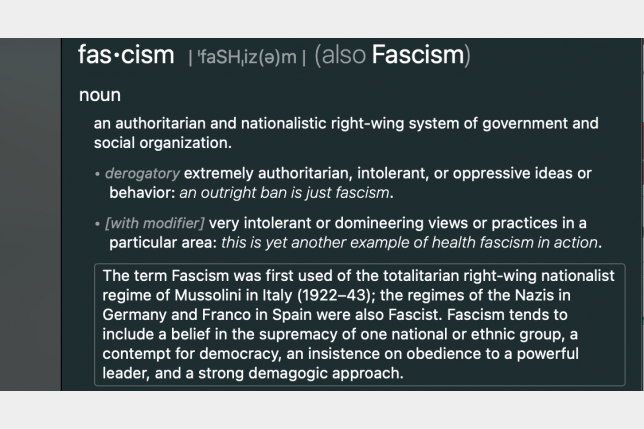John Williamson passed away on 21 April 2021. He was the economist who neatly outlined and named the ‘Washington Consensus’, the policies the World Bank, the IMF, the US Federal Reserve Board and the US Treasury agreed to impose on debt-ridden countries of Latin America. At that moment, 1990, these ‘structural adjustment’ policies had already been applied for a decade with disastrous social consequences. Social expenditures were lowered almost everywhere, public services were privatised, labour markets were deregulated and millions of people lost their jobs. John Williamson emphasised that the Consensus did not cover any social policies.
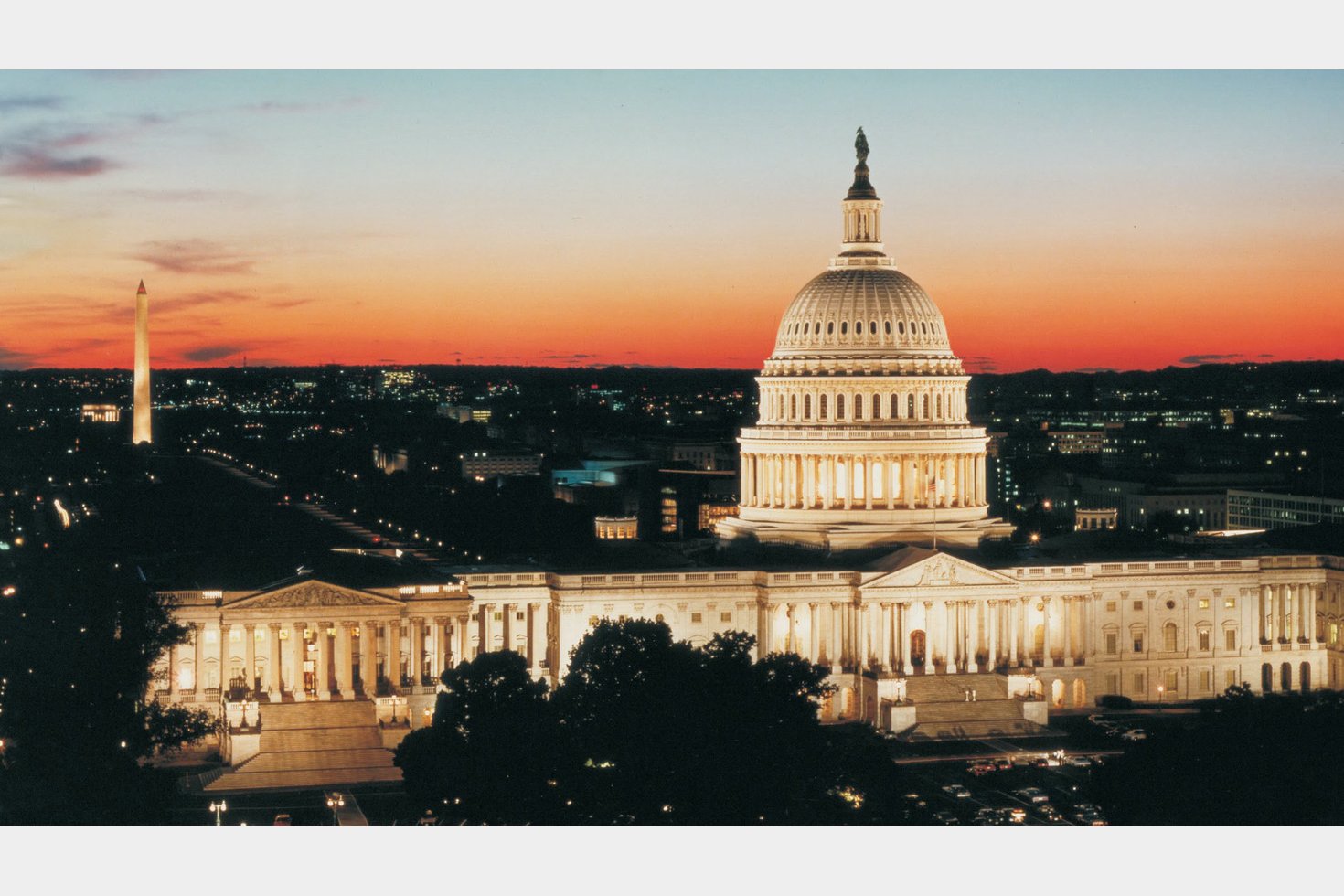
Whither the Washington Consensus?


